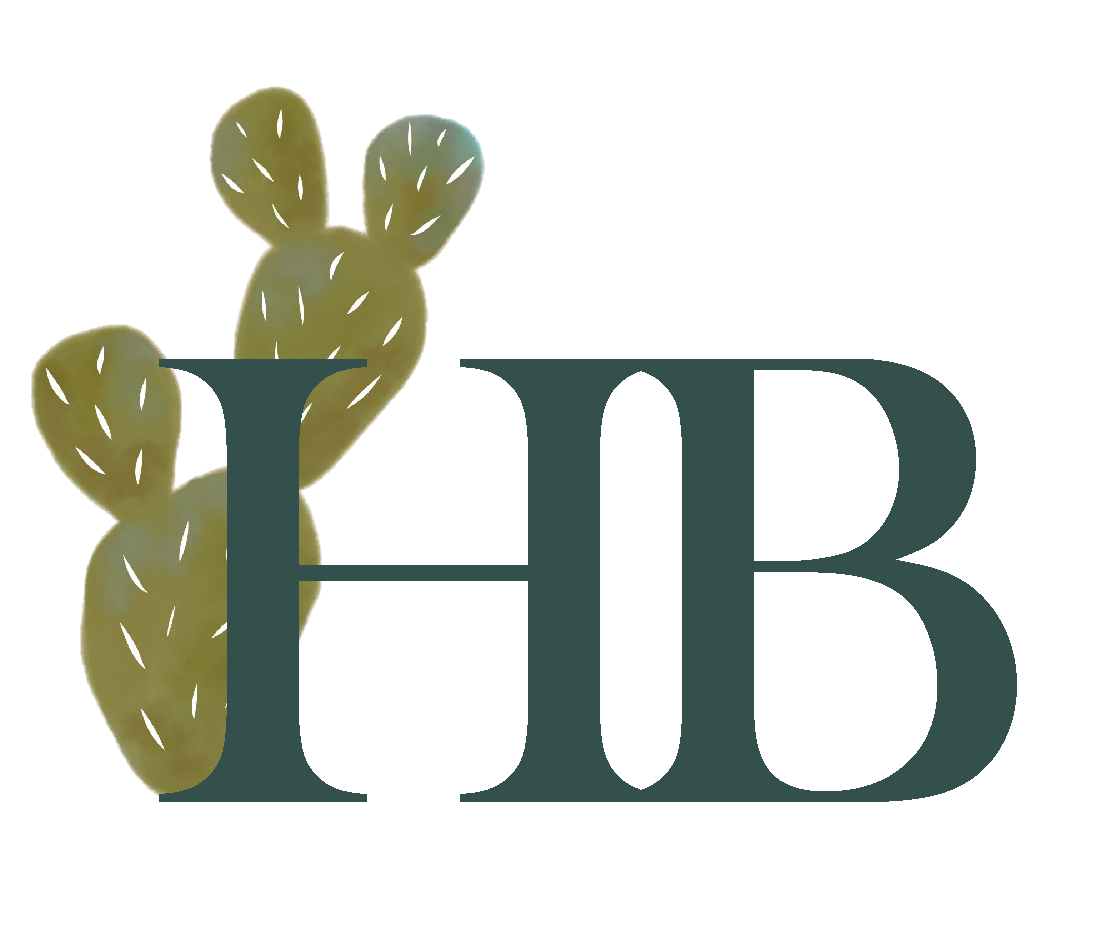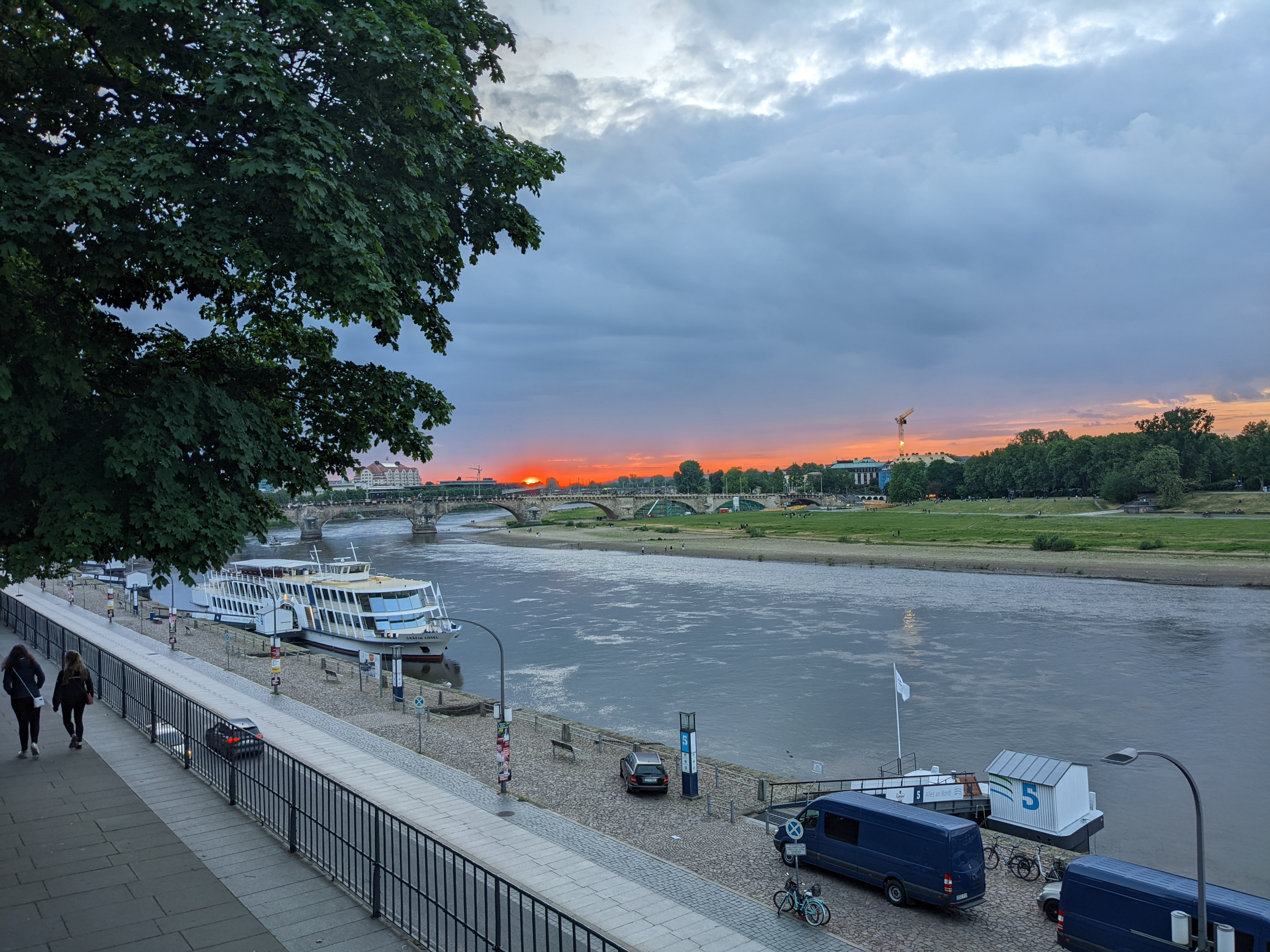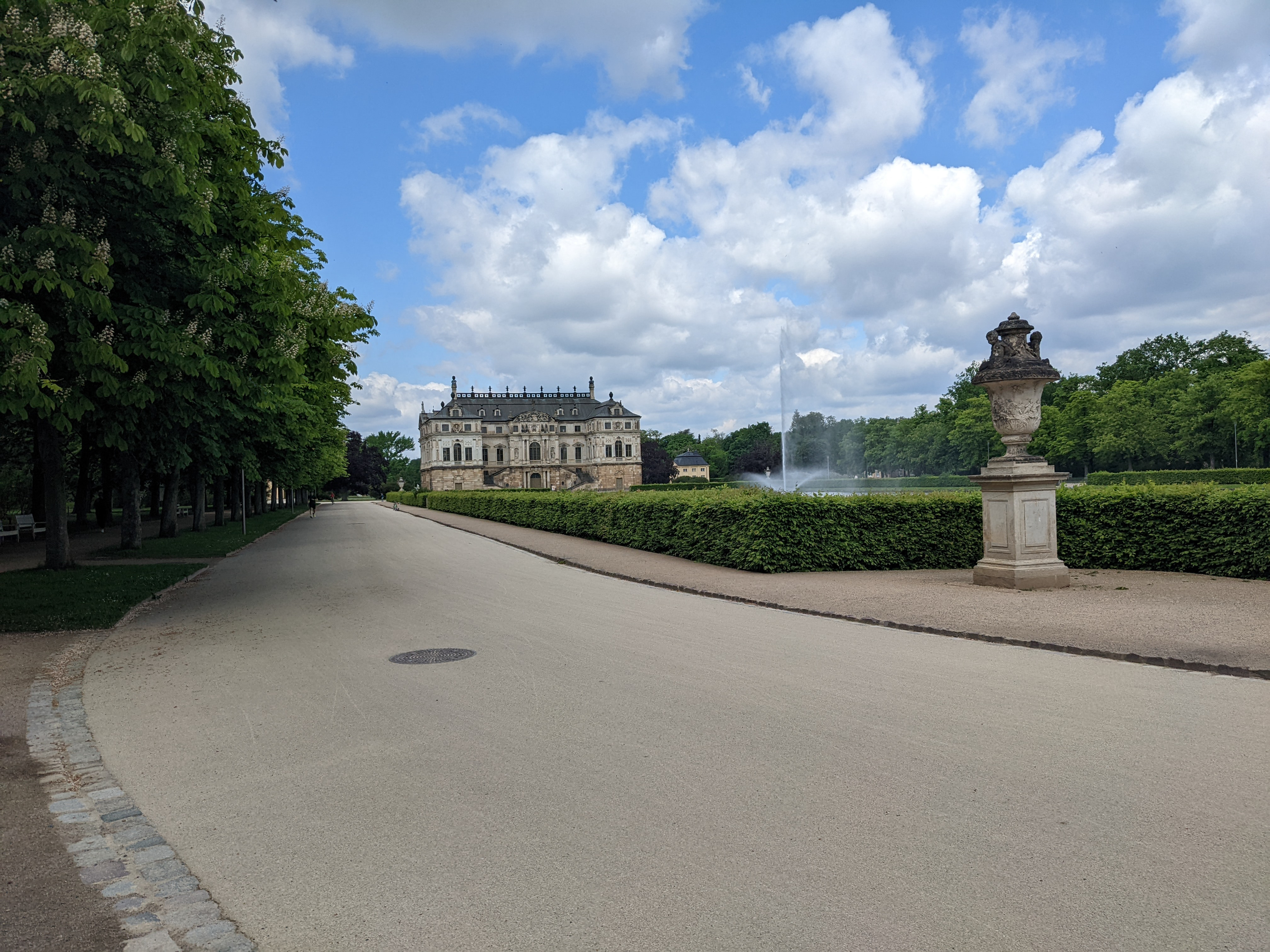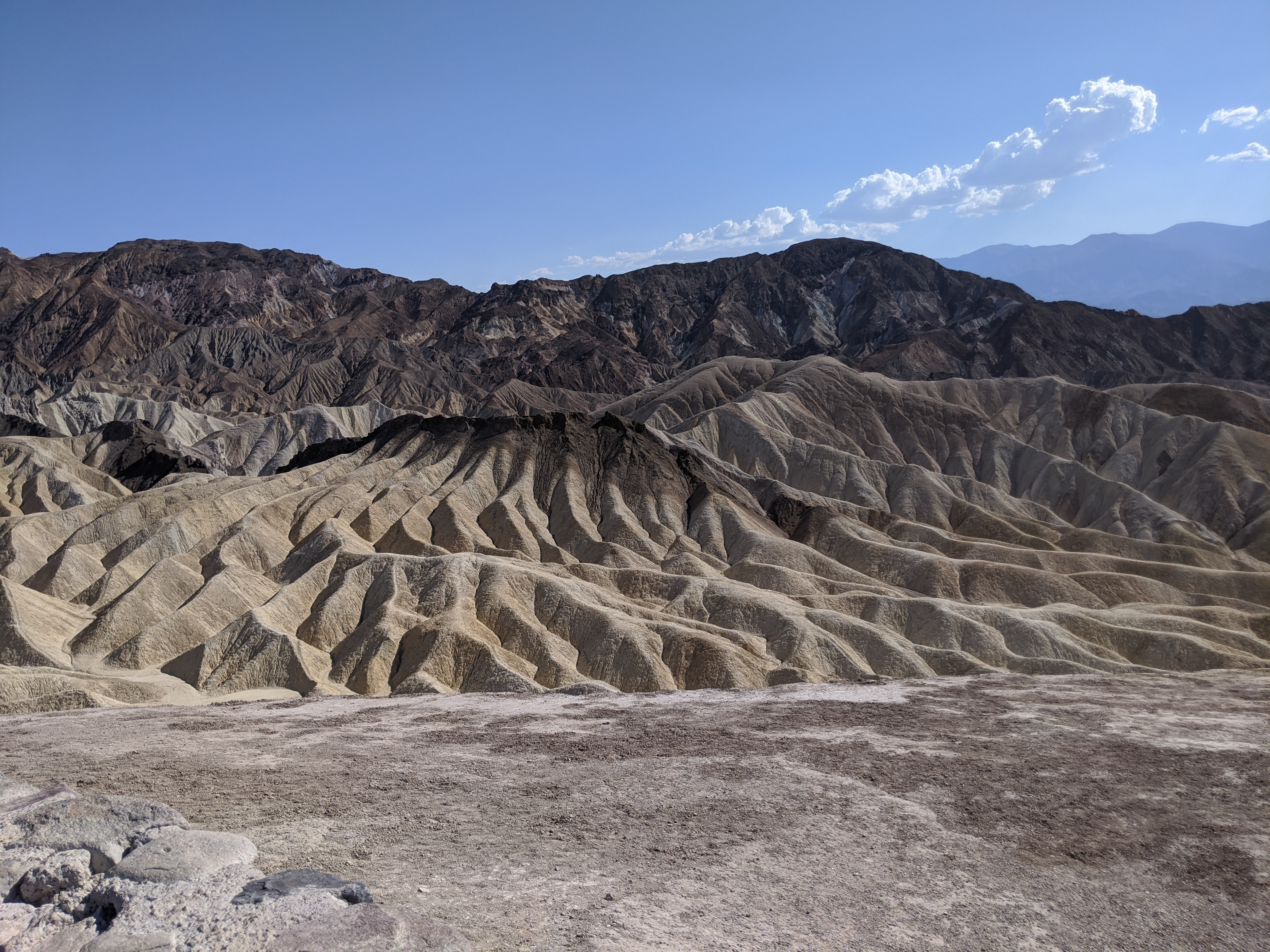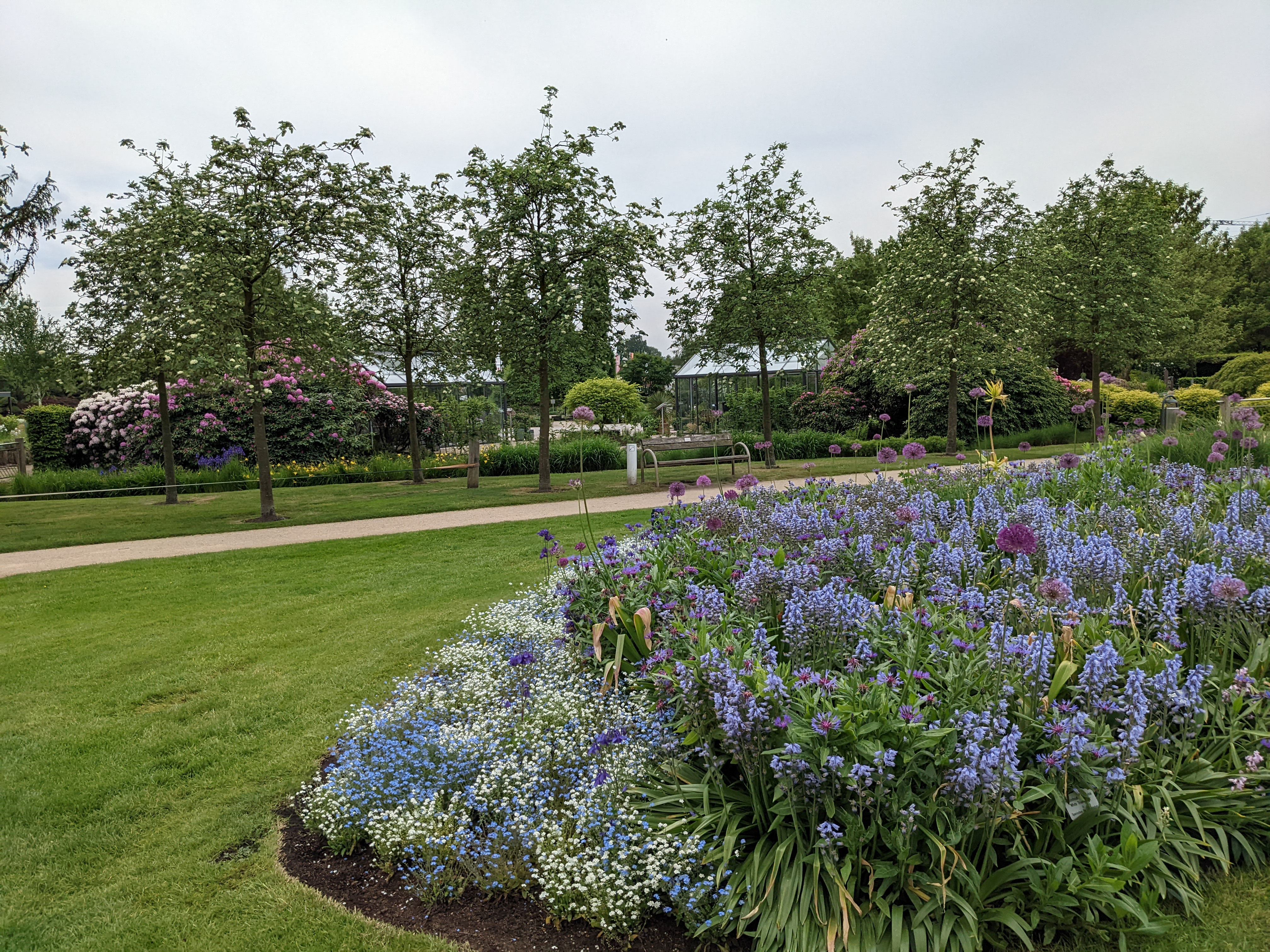Copy for an app aiming to find creative ways to define words:
Empyrean
I do not exist within that realm, the one which you seek. So high and mighty those angels sit -- and for what? The warm flames that kiss their precious skin, shining like infinite diamonds? Oh, how I miss that delicate abode. You ask me, do I regret what I did? The fall did hurt, as you can imagine. But when I fell from Heaven's grace, it was the lack that I was surprised by. When you exist within certain... conditions for so long, that is what shocks you the most. The lack. The darkness felt cold where there once was warmth and light. The fire, so pure and thick, felt like a mother's womb. Yet, when I decided to leave that empyrean realm, I did not feel regret. At least on the Earth, I can be free.
Cerulean
We took upon the desert bloom
Under the sky with swirling plumes
A blue so blue it will make one weep
And settle into a dreamless sleep
Beneath our eyelids shut so tight
We dream of a day without a night
Where the sky showcases different hues
But there is only one true sky blue
This, the joyous grin upon a greeting
Old friends embrace, a moment so fleeting
The glorious sky, a mirror of the sea
Reflecting each particle of blue and green
The sun hits the nylon tent
And I forget what the dream had meant
But as I wake to the cerulean sky
A weary voice in my mind does cry
"Oh, until we meet again, old friend...
I shall not shine my blue again."
We took upon the desert bloom
Under the sky with swirling plumes
A blue so blue it will make one weep
And settle into a dreamless sleep
Beneath our eyelids shut so tight
We dream of a day without a night
Where the sky showcases different hues
But there is only one true sky blue
This, the joyous grin upon a greeting
Old friends embrace, a moment so fleeting
The glorious sky, a mirror of the sea
Reflecting each particle of blue and green
The sun hits the nylon tent
And I forget what the dream had meant
But as I wake to the cerulean sky
A weary voice in my mind does cry
"Oh, until we meet again, old friend...
I shall not shine my blue again."
Pharaonic
A dozen triangular structures dot the horizon, glorious testaments to the gods. Inside, old kings, barely dried, sleep their endless dreams of coins and shadows. On the side of one such building, half formed and looking more like a chunk of bread than a pharaonic gravestone, a man awakes to a bright sun gleaming through his lean-to. He realizes that he is late. He can hear the rustle of other men getting dressed in the nearby dwellings. The man startles awake, cursing Ra for not only waking him up, but not waking him up sooner. He rolls off his mat, throwing the linen sheet to the side, and pulls on his loin cloth. As he throws open the leather flap of his lean-to, a different pyramid comes into view... and the man stumbles in awe. He has been chipping away for so long at the same mud, he had forgotten what it is all for. The triangular structure reaches towards the sky, a glorious testament to the gods. The man too throws his hands up in praise, allowing the sun to burn any trace of sleep away before he starts his day.
A dozen triangular structures dot the horizon, glorious testaments to the gods. Inside, old kings, barely dried, sleep their endless dreams of coins and shadows. On the side of one such building, half formed and looking more like a chunk of bread than a pharaonic gravestone, a man awakes to a bright sun gleaming through his lean-to. He realizes that he is late. He can hear the rustle of other men getting dressed in the nearby dwellings. The man startles awake, cursing Ra for not only waking him up, but not waking him up sooner. He rolls off his mat, throwing the linen sheet to the side, and pulls on his loin cloth. As he throws open the leather flap of his lean-to, a different pyramid comes into view... and the man stumbles in awe. He has been chipping away for so long at the same mud, he had forgotten what it is all for. The triangular structure reaches towards the sky, a glorious testament to the gods. The man too throws his hands up in praise, allowing the sun to burn any trace of sleep away before he starts his day.
Copy for an education app:
A Brief History of Bread {{All}}
The First Signs of Bread

Bread has a long and storied history. At an old hunter-gatherer site in Israel, 22,000 year-old crumbs of barley flour were found on an old fire circle. Archeologists also uncovered charred bread crumbs in Jordan that are more than 14,000 years old from the **Natufians**, a North African civilization. Both of these breads were most likely unleavened **flatbread**, similar to **tortilla** from Mexico or **chapati** from India.
The First Signs of Bread

Bread has a long and storied history. At an old hunter-gatherer site in Israel, 22,000 year-old crumbs of barley flour were found on an old fire circle. Archeologists also uncovered charred bread crumbs in Jordan that are more than 14,000 years old from the **Natufians**, a North African civilization. Both of these breads were most likely unleavened **flatbread**, similar to **tortilla** from Mexico or **chapati** from India.
Bread in the Ancient World

**Leavened bread** first came in the form of **sourdough bread**. It was likely produced when Ancient Egyptians beer brewers mixed their wild yeast into their bread dough. Some cultures worked to make **grain** grinding easier. By 600 BC, Persians invented a windmill that crushed grains, and in 450 BC, Romans invented water-milling. In 100 BC Mexico, **corn** was ground on a stone miller to make tortillas.

**Leavened bread** first came in the form of **sourdough bread**. It was likely produced when Ancient Egyptians beer brewers mixed their wild yeast into their bread dough. Some cultures worked to make **grain** grinding easier. By 600 BC, Persians invented a windmill that crushed grains, and in 450 BC, Romans invented water-milling. In 100 BC Mexico, **corn** was ground on a stone miller to make tortillas.
Bread and Class
The type of bread you ate became a status symbol. Richer Romans and medieval British upper classes preferred **white bread.** Poorer people ate **rye**, **bran**, and **coarse-grained** breads. One type of bread wealthy Europeans ate was called **the trencher**. It was a thick flatbread that served as a plate. If they did not finish the trencher, they would donate it to the poor.
The type of bread you ate became a status symbol. Richer Romans and medieval British upper classes preferred **white bread.** Poorer people ate **rye**, **bran**, and **coarse-grained** breads. One type of bread wealthy Europeans ate was called **the trencher**. It was a thick flatbread that served as a plate. If they did not finish the trencher, they would donate it to the poor.
The Revolution of Bread
**Gristmills**, which grinded grains, popped up all over in the 10th century from Europe to the Middle East. The real paradigm shift came in 1834, when the **steel roller mill** was invented in Switzerland. This *revolutionized* how people baked bread. Instead of having to crush the grain, the roller *broke grains open*. This made it easier to separate the **germ** from the **endosperm** and **bran**.
**Gristmills**, which grinded grains, popped up all over in the 10th century from Europe to the Middle East. The real paradigm shift came in 1834, when the **steel roller mill** was invented in Switzerland. This *revolutionized* how people baked bread. Instead of having to crush the grain, the roller *broke grains open*. This made it easier to separate the **germ** from the **endosperm** and **bran**.
The Rise and Fall of Bread

In the 20th century, chemicals were added to bread to make it whiter, softer, and last for longer. In the 1970’s, bread became much less popular (in the U.S. especially) due to the use of chemicals and preservatives. Bakers then decided to go back to making **artisan** breads (without chemicals or additives). By the 1980’s, bread was popular once again.

In the 20th century, chemicals were added to bread to make it whiter, softer, and last for longer. In the 1970’s, bread became much less popular (in the U.S. especially) due to the use of chemicals and preservatives. Bakers then decided to go back to making **artisan** breads (without chemicals or additives). By the 1980’s, bread was popular once again.
Modern bread

Bread is more popular than ever, as are its many forms. Home bakers usually use wheat to make their bread because it is easy and the **gluten** is vital for making a **leavened** loaf. You can make bread from all different kinds of grains, like **rye**, **barley**, **rice**, and more! The use of non-gluten grains is especially important for people who are **gluten-intolerant**.

Bread is more popular than ever, as are its many forms. Home bakers usually use wheat to make their bread because it is easy and the **gluten** is vital for making a **leavened** loaf. You can make bread from all different kinds of grains, like **rye**, **barley**, **rice**, and more! The use of non-gluten grains is especially important for people who are **gluten-intolerant**.
